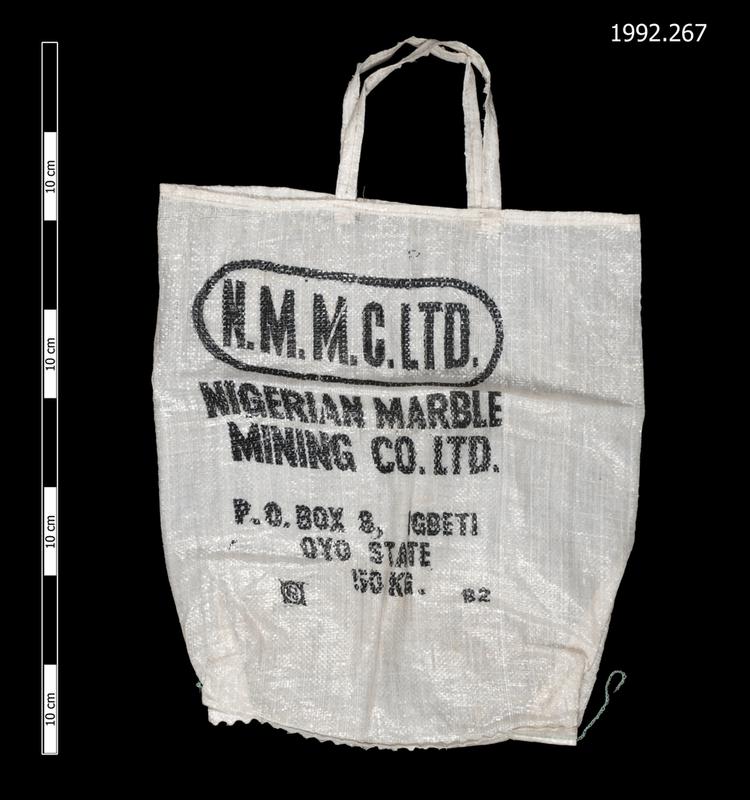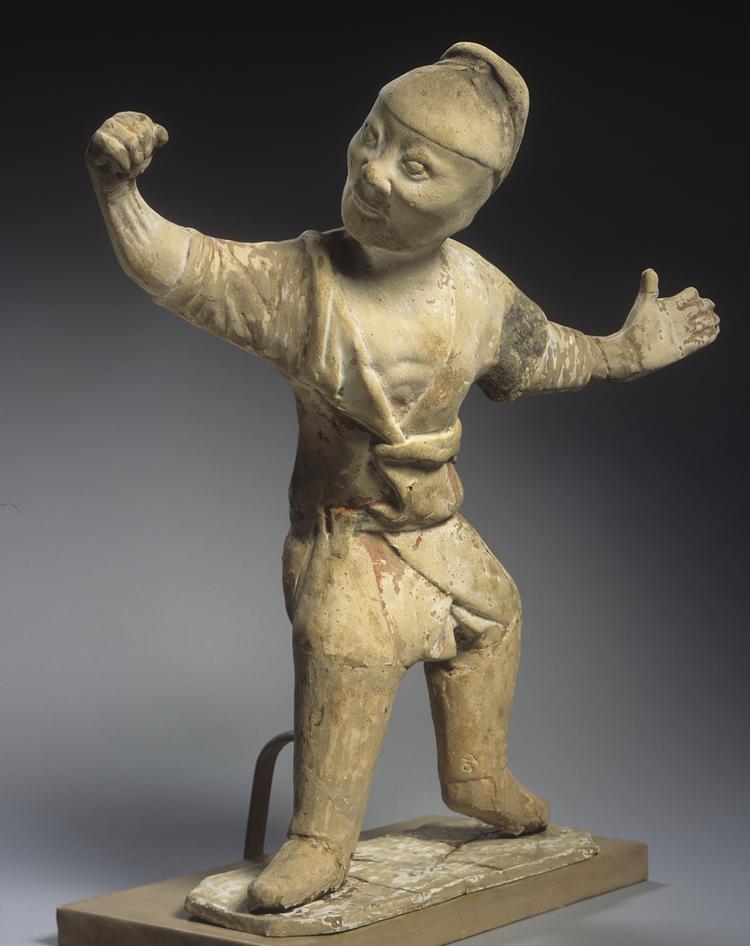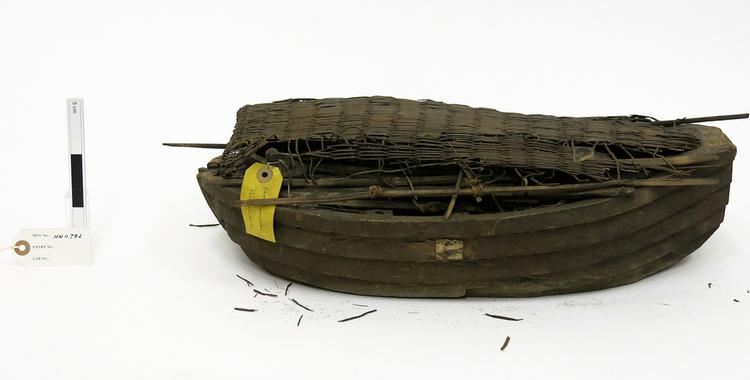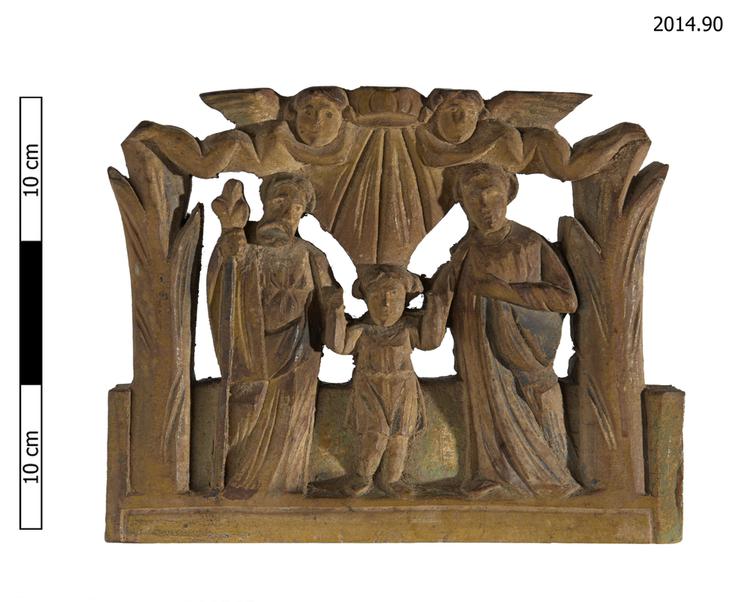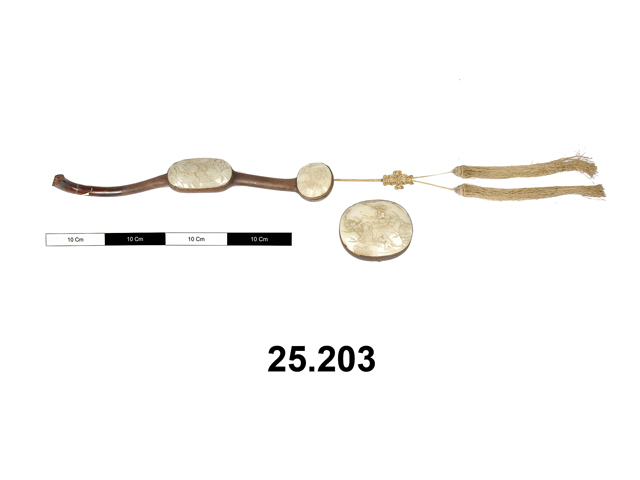

Carved wooden sceptre, ruyi, inset with three carved oval nephrite jade plaques. At the bottom two tan silk cords tied with an endless knot, and two tan silk tassles with domed green silk top, are suspended . The head of the ruyi sceptre is carved in relief with a landscape scene with the God of Longevity (shoulou) holding a staff and a ruyi sceptre in his hands, followed by a boy attendant holding a peach. The middle plaque is carved with a spotted deer kneeling down on rock, a 'lingzhi' fungus growing behind its back and a bat flying above. The bottom plaque is carved with bamboo trees and rock, a fruiting plant and a flying bird. This carved 'ruyi' sceptre is decorated with symbols that carry wishes for happiness and long life. Ruyi sceptres were once symbols of authority. As the Chinese characters 'ruyi' are a homonym for 'as you wish', it later became a popular motif that symbolised 'may all your wishes come true'. The God of Longevity, peach, 'lingzhi' fungus (fungus of immortality) and deer are all symbols of immortality; 'bat' and 'happiness' are homonyms, spoken in Chinese as 'fu'; similarly the Chinese words 'zhu' for 'bamboo' and 'to wish' are also homonyms. 'Ruyi' sceptres of this type were given as birthday gifts among people of high social status or in the royal court in ancient China.



